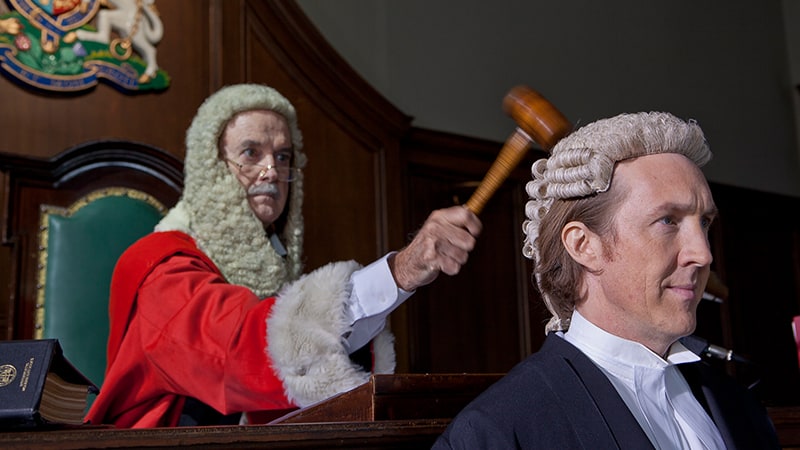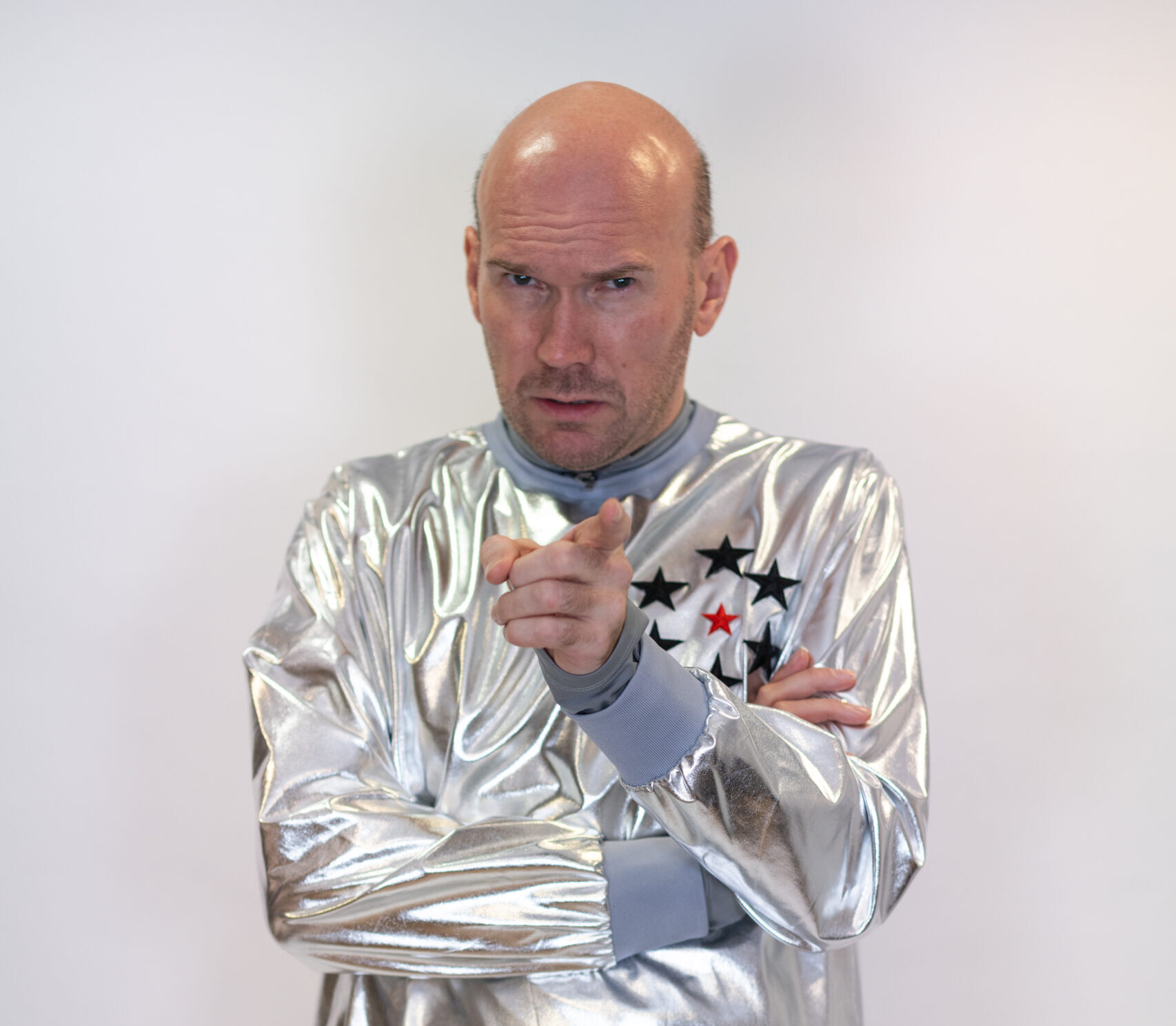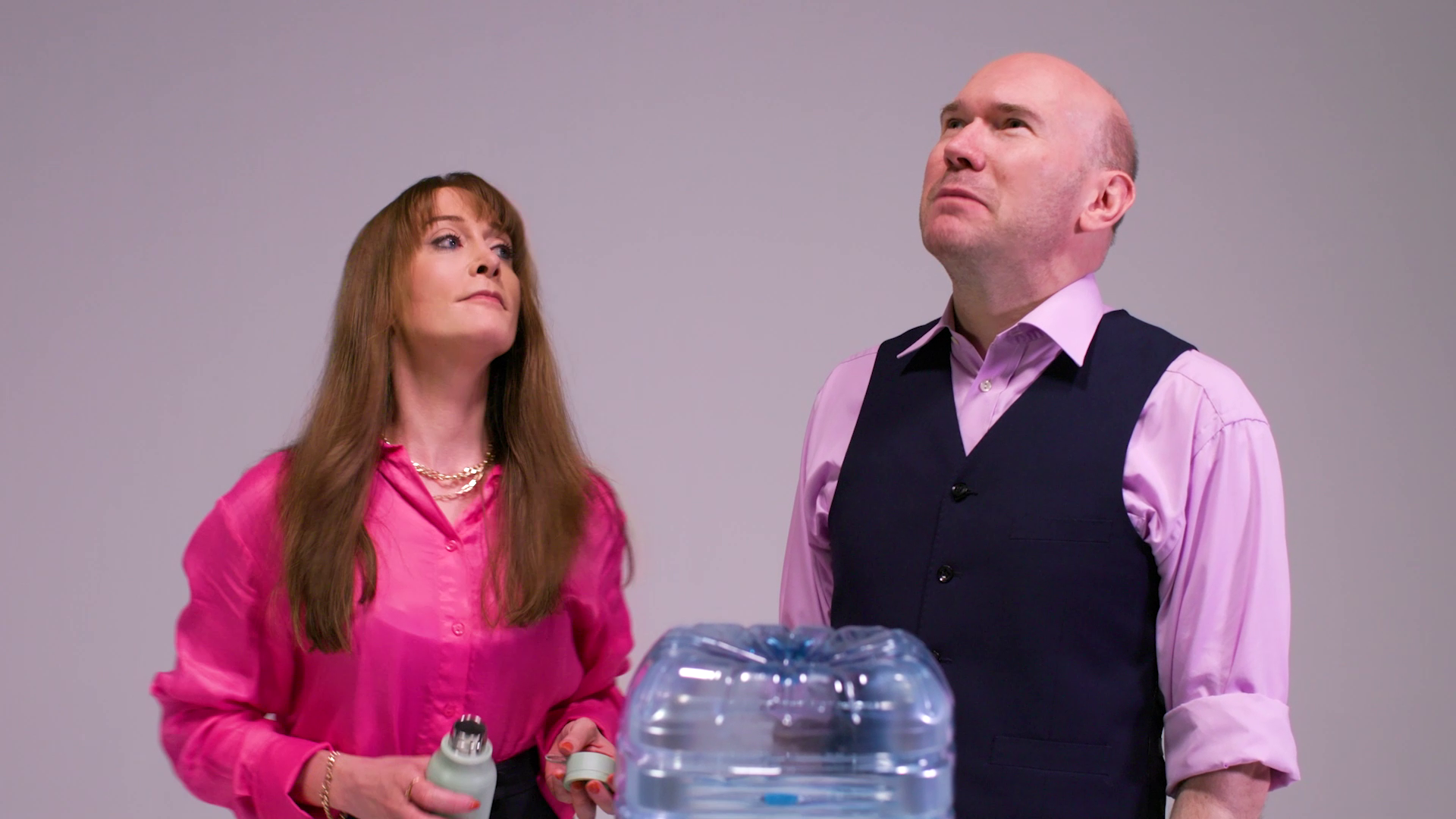Much has been written about mistakes and their role in success. Einstein said that anyone who has never made a mistake has never tried anything new. If you don’t try new things, you get stuck in the same pattern of rigidity. All breakthroughs are made by trying something different but if you accept this then you have to accept that mistakes will be made along the way. Any organisation that wants to instil innovation is therefore encouraged to adopt a more tolerant attitude towards mistakes. That means both allowing people to make mistakes and acknowledging mistakes when they happen.
Creating a culture which tolerates mistakes is one thing but you still have to overcome people’s fear of making a mistake. This is perhaps bred in us in our early education but many of us are far too worried about the possibility of making mistakes. We all have an ego – and our ego doesn’t like to feel hurt if we get criticised or if we’re shown to be ‘wrong’. We don’t want to be seen to be saying or doing something foolish, so we spend a lot of time playing safe and not taking any risks.
Such behaviour is rightly being challenged. For example, Wimbledon High School notably ran a ‘failure week’ to champion the value of ‘having a go’, rather than playing it safe. The idea was to showcase the need to embrace risk, build resilience and learn from mistakes – and to highlight to pupils that if failure happens, the important thing is to learn from it and to try again.
Failure is not something to be afraid of or to feel guilty about because so much of life is understanding about failure and the lessons to be learnt from it.”
Prince Andrew
Prince Andrew recently spoke about the importance of failure and how it often drives people on towards eventual success. He said: “Failure is not something to be afraid of or to feel guilty about because so much of life is understanding about failure and the lessons to be learnt from it. Failure allows you to succeed in the future because we are an experience-based learning organism. All animals are. Give someone the experience and they will learn.”
This process of making meaning from direct experience is known to us in L&D as experiential learning. Charles Jennings, director of the 70:20:10 Forum, advocates that 70 percent of our learning stems from this. So, the rational, non-emotional argument is that people should be allowed to make mistakes in their day-to-day work. Senior managers will no doubt be shuddering at the thought of that. Likewise, people’s egos will be terrified about the prospect of being shown up in front of their peers. So what’s the answer?
Actually, the answer is very simple. Learning from mistakes is extremely important. But sometimes you don’t physically have to make a mistake in order to learn from it, especially where interpersonal skills are involved. In other words, let someone else make the mistake for you. This is why we show ‘wrong way’ scenarios in our training films. It lets learners see for themselves how ‘not’ to behave and the consequences of poor behaviour. By watching someone else fail or make a mistake, they can learn the lesson without having to undergo the experience themselves with ‘real people’. Of course, we then go on to show the ‘right way’ to behave, to reinforce good practice.
So, embrace ‘virtual’ mistakes in your training. You get all the learning benefits with none of the downside of ‘live’ mistakes. It saves the organisation from having to address the consequences of counterproductive behaviour – and it also protects individual egos from unnecessary hurt.




